With Vice President JD Vance casting the tie-breaking vote, the U.S. Senate narrowly approved President Trump’s sweeping domestic policy bill, officially called the “One Big Beautiful Bill” — though many in Colorado are calling it the “Big Ugly Bill” for what it cuts, who it affects, and the damage it could bring to communities like Pueblo.
The bill now heads back to the House for final approval. Rep. Jeff Hurd, who represents Pueblo and much of Southern Colorado, previously voted in favor of the House version in May. With new changes from the Senate, Hurd faces renewed pressure from advocacy groups and constituents as the bill nears a final vote.
At 887 pages, the legislation proposes massive changes: permanent Trump-era tax cuts for corporations and the wealthy, over $930 billion in Medicaid cuts, tighter food assistance rules, and new work requirements for adults up to age 65, including parents of teenagers.
“This is the biggest attack on Medicaid in American history,” said Adam Fox, deputy director of the Colorado Consumer Health Initiative. “It will cause hundreds of thousands of Coloradans to lose coverage—especially in rural areas like Pueblo where access to care is already limited.”
What This Means for Pueblo
In Pueblo County, Medicaid covers nearly 30% of all children and is essential for seniors, veterans, and people with disabilities. Local hospitals like Parkview Medical Center and community clinics rely heavily on Medicaid funding. If these cuts become law, services could be slashed, staff laid off, or clinics forced to shut down.
Working families could face higher out-of-pocket costs, leading to tough choices between health care, rent, and groceries.
Colorado’s Senators Vote ‘No’
Colorado Senators Michael Bennet and John Hickenlooper both opposed the bill, calling it “fiscally reckless and morally flawed.” The Congressional Budget Office estimates the plan would add $3.3 trillion to the national debt over the next decade.
“This is a shell game that steals from working families to give to the ultra-wealthy,” said Bennet.
Key Provisions of the Bill
-
Permanent extension of 2017 tax cuts
-
Elimination of federal income tax on tips and overtime
-
Creation of $1,000 “Trump Accounts” for children
-
Modest child tax credit increase (from $2,000 to $2,200), though many low-income families wouldn’t qualify
-
A five-year hike in the SALT deduction cap to $40,000
-
$175 billion for border enforcement, including 100,000 new detention beds and 10,000 ICE agents
-
$50 billion for rural hospitals (added to win over moderates)
Climate and Economic Impact
The bill guts several clean energy tax credits introduced under the Inflation Reduction Act, cuts the EV rebate program short, and expands incentives for metallurgical coal. Critics warn it will derail climate goals and slow down emissions progress.
Advocates argue the legislation prioritizes corporate and high-income interests at the expense of families, seniors, and vulnerable communities.
The Medicaid Picture in Colorado
More than 1.1 million Coloradans depend on Medicaid, including over 40% of children in some counties. In rural areas like Pueblo, Medicaid not only supports individual health care but helps keep hospitals and clinics afloat.
It also funds most long-term care in nursing homes. Advocates warn the proposed work requirements and funding limits could strip older adults and people with disabilities of essential services.
Rep. Jeff Hurd’s district includes some of the most rural counties in Colorado, where hospitals are often the largest employers. If the Medicaid cuts go through, these health systems could face financial crises.
National Praise, Local Outrage
While national business groups support the bill, Colorado-based organizations have condemned it. Planned Parenthood of the Rocky Mountains noted that over half its patients are Medicaid recipients. The Colorado AFL-CIO said the bill punishes working people, and the Colorado Children’s Campaign called it a direct threat to child health across the state.
With House Speaker Mike Johnson pushing for a final vote before July 4, only a few flipped votes could block the bill. Advocates are now urging Coloradans to contact Reps. Jeff Hurd and Gabe Evans.
Pueblo Organizing for Action
Local groups are holding town halls and outreach campaigns urging voters to speak up.
“Representatives like Gabe Evans and Jeff Hurd will ultimately have to explain why they voted to give tax breaks to billionaires while making life harder for working families,” said Robert Lindgren of the Colorado AFL-CIO.
As the debate continues, Pueblo residents and advocacy groups are watching closely. Because, as the Pueblo Star Journal puts it, “What happens in Congress doesn’t stay in Congress—it comes home.”




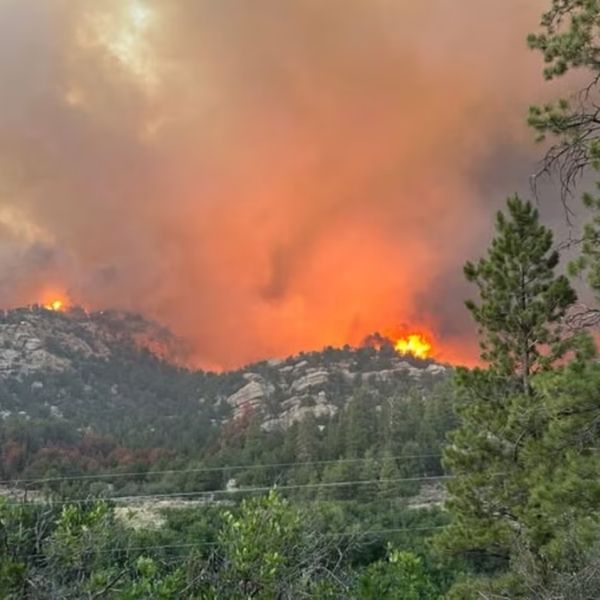
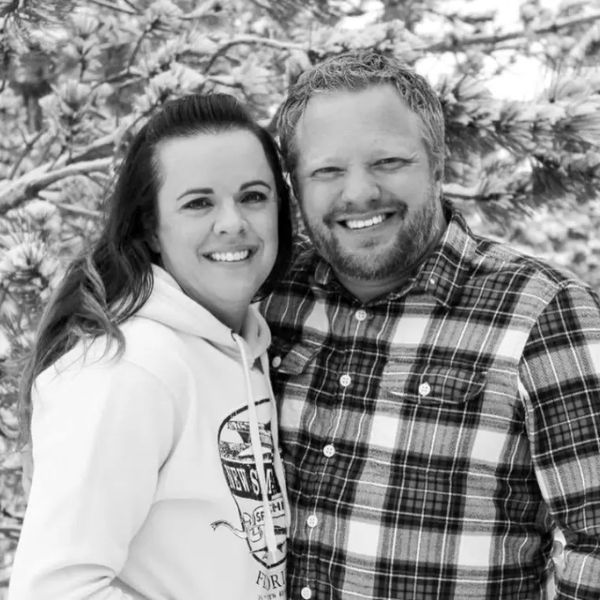

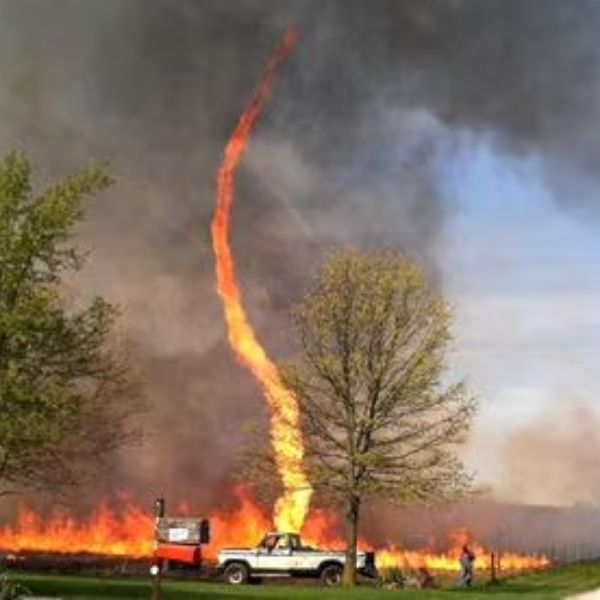
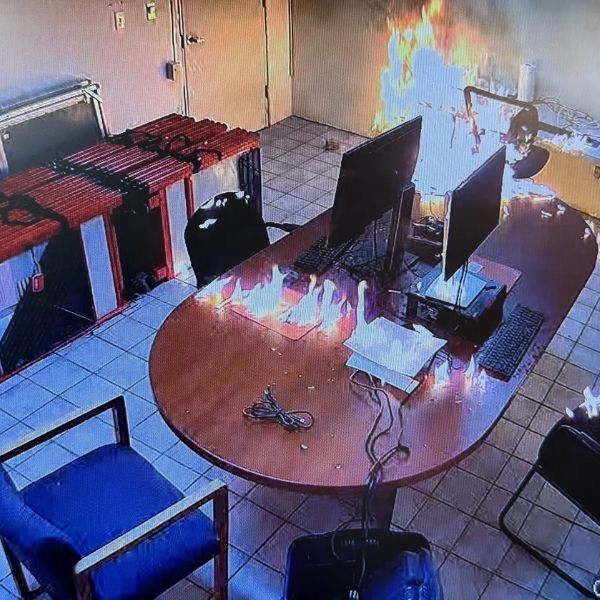
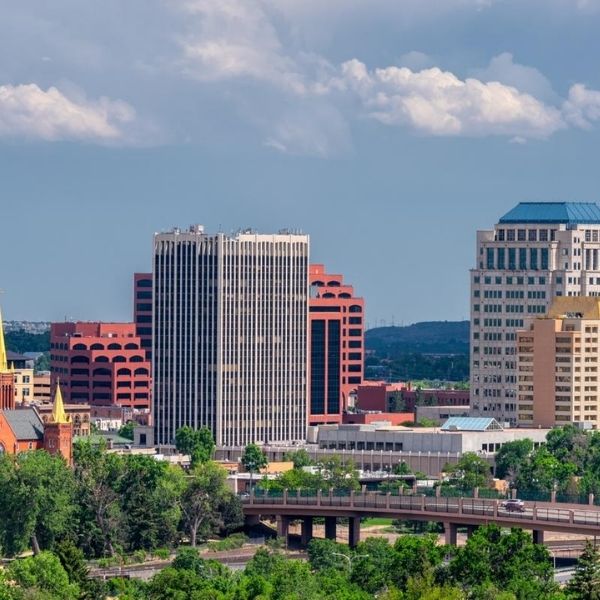


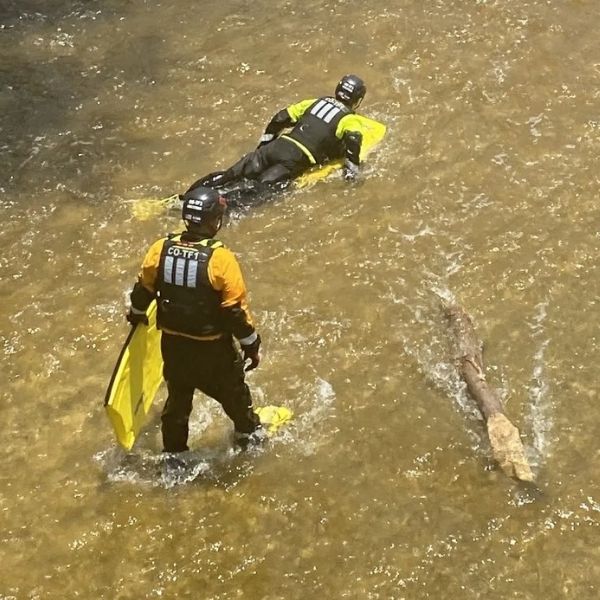



Leave a Reply